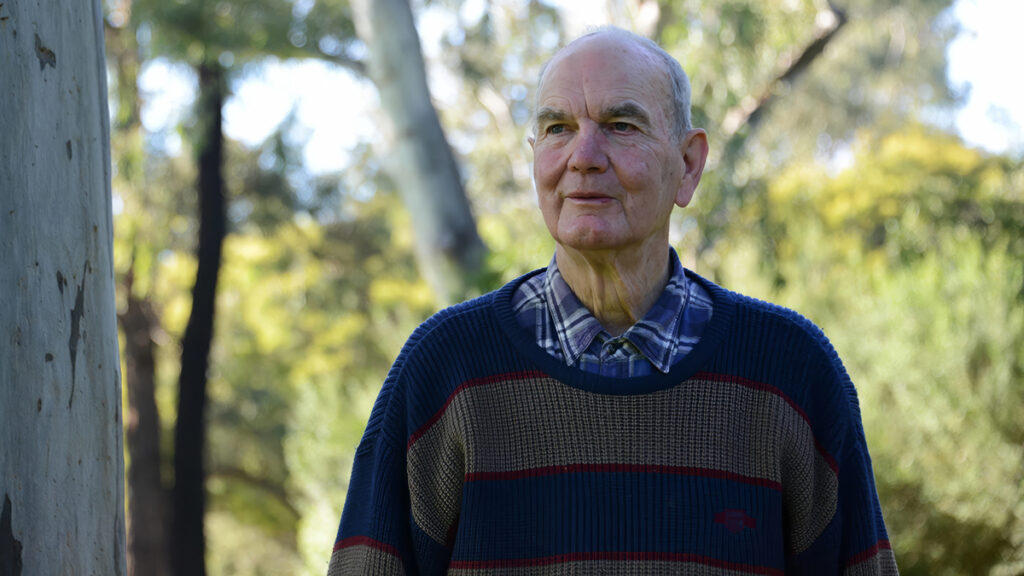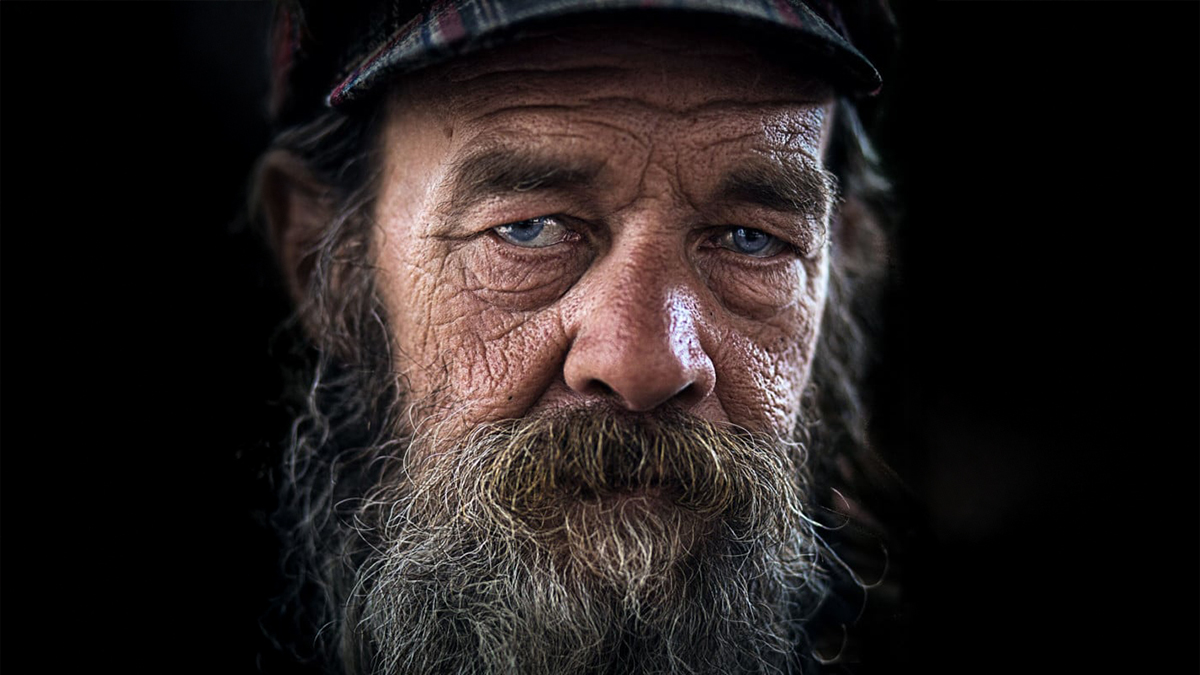We should not need a special day to encourage us to eradicate poverty.
Poverty is more than a problem to be studied. It wears the face of people we meet in the street, through the Vinnies, and see sleeping on the streets. Poverty could wear the face of ourselves, of our children.
Poverty is always about people
The Day for the Eradication of Poverty reminds us that this has always been the case: poverty is always about people and their suffering.
For them it is about hunger, anxiety about where the next meal will come from for themselves and their children, shame at not being able to afford the money needed for their daughter’s school camp, and the humiliation of sleeping in a tent while seeking accommodation.
We do not like thinking about poverty.
The loss of human possibility
As we reflect on the human cost of poverty, we are reminded that our circumstances should expand our human lives.
They should be about enlarged possibility—to live, to have access to medical care, to build new relationships, to find work, to travel, to study, to join community groups, to develop our talents.
Poverty is about the loss of possibility.
We struggle to find food, we avoid visiting the doctor, we move from place to place, and our children find it hard to learn and make friends.
We struggle to keep a job, we can’t travel, we lose friends and have only temporary acquaintances.
We lose our names. And our nation loses its human riches.
Seeing poverty through young eyes
At Jesuit Social Services we see the face of poverty in the vulnerable young people with whom we work.
In their childhood they have been deprived of so much. We hope that as we accompany them, they may find new possibilities.
The public face of poverty
Poverty also has a public face.
The theme of the week reminds us of the global solidarity and the need for inclusive policies that uplift marginalized communities and ensure equal opportunities for all.
It is not right that a child born in Gaza, Sudan or in the Kimberley should expect a shorter and more deprived life than one born in Sydney, LA, Wellington or London.
Governments and voters share responsibility
Societies and governments in nations where many people live in poverty while the wealth of the few increases have neglected their charge to care for the good of all their people.
Governments and we who vote for them must ensure that all families, all people can live decent lives.
Solidarity heals selfishness
We have the responsibility to shape a world in which prosperity is shared and is not built on the poverty of others.
Poverty is the fruit of selfishness; its healing comes through solidarity. That means standing with the poor and standing up for them.
The faces that bring healing
To do this we must keep our eyes fixed on the distressing human face of poverty. Its healing must come through other human faces.
For the poor, they include the faces of persons who stop to talk, who are interested in our lives, who can put us in touch with kind and generous people, with sympathetic doctors and agencies.
Finding people who care for us as persons is the first step to finding new possibilities for ourselves and the world.
How might you be one of those people?

- Andrew Hamilton SJ is the consulting editor of Eureka Street and a writer at Jesuit Social Services.

